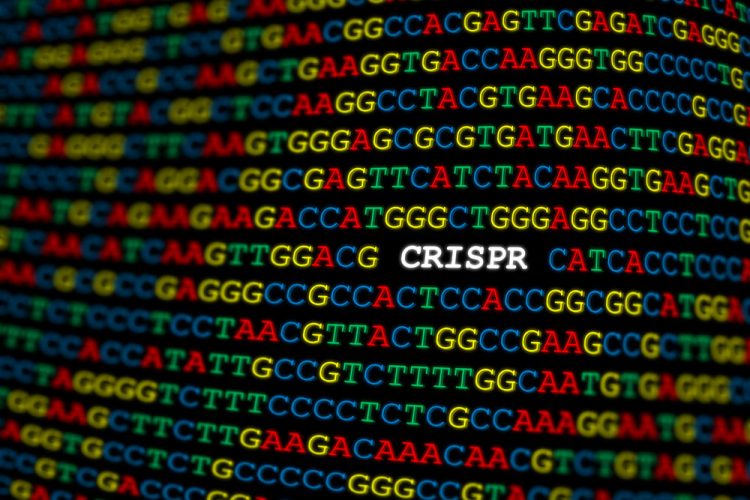CRISPR technology can correct Alpha-1 antitrypsin deficiency
Posted: 4 July 2018 | Dr Zara Kassam (Drug Target Review) | No comments yet
Groundbreaking research demonstrates proof-of-concept for using CRISPR-Cas9 genome editing technology to correct the gene mutation responsible for AAT deficiency…


Groundbreaking research demonstrates proof-of-concept for using CRISPR-Cas9 genome editing technology to correct the gene mutation responsible for alpha-1 antitrypsin (AAT) deficiency, successfully making a targeted gene correction in the livers of affected mice that restored at least low levels of normal AAT.
In the studies, two groups of researchers used somewhat different approaches to achieve these historic results in mouse models of AAT deficiency (AATD) and discuss why their findings are so important for the future treatment of patients with ATTD
Terence Flotte and Wen Xue, both from the University of Massachusetts Medical School (Worcester), together with a team of researchers from UMass Medical School, Tongji University (Shanghai, China), and Wuhan University (China). The researchers co-injected two adeno-associated viral (AAV) vectors: one to deliver the Cas9 component of the CRISPR-Cas9 system; and the second encoding an AAT gene-targeted guide RNA and carrying a homology-dependent repair template.
Shen Shen, Editas Medicine, together with researchers from Editas and St. Louis University School of Medicine (MO) coauthored the article “Amelioration of Alpha-1 Antitrypsin Deficiency Diseases with Genome Editing in Transgenic Mice.” They demonstrated both a gene knockdown approach, in which they reduced the expression of the toxic mutated AAT in liver cells by more than 98 percent, and the use of a dual-vector system capable of achieving a 4-5% nucleotide correction at the site of the target mutation.
“Those two back-to-back papers published in Human Gene Therapy represent an important milestone in AATD gene therapy, demonstrating for the first time that in vivo genome editing by rAAV-mediated delivery of CRISPR-Cas9 holds the potential for a novel therapeutic modality to treat AATD,” says Dr Guangping Gao, Gene Therapy Center & Department of Microbiology and Physiological Systems, University of Massachusetts Medical School.
The study has been published in Human Gene Therapy.
Related topics
CRISPR, Genome editing, Genomics
Related conditions
Alpha-1 antitrypsin deficiency
Related organisations
Tongji University, UMass Medical School, University of Massachusetts Medical School, Wuhan University
Related people
Dr Guangping Gao, Shen Shen, Terence Flotte, Wen Xue


